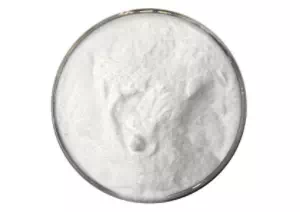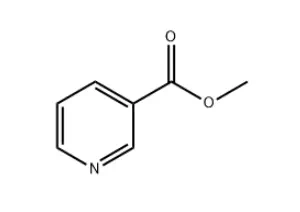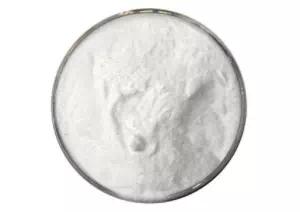Methyl nicotinate Information
| Chemical Name | Methyl nicotinate |
| CAS | 93-60-7 |
| EINECS | 202-261-8 |
| Molecular Formula | C7H7NO2 |
| Molecular Weight | 137.14 |
| Spice Type | Synthetic fragrance |
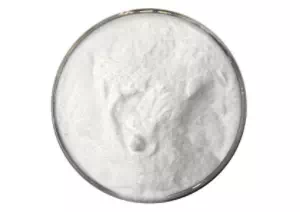
Methyl nicotinate Uses
Methyl Nicotinate is a methyl ester derivative of nicotinic acid (a form of vitamin B3). Its chemical properties and application areas are quite different from those of palmitic acid esters (such as isopropyl palmitate and ethyl palmitate). In flavors and fragrances, methyl Nicotinate is not a mainstream raw material. Its core uses are concentrated in the fields of medicine, cosmetics and industry. However, due to its unique physiological activity, it may be used in trace amounts in some special fragrance products.
I. Core functions in the fields of medicine and cosmetics
(1) Skin penetration enhancer
Enhanced absorption: Methyl Nicotinate can help active ingredients (such as drugs and antioxidants in skin care products) penetrate deep into the skin by dilating capillaries and promoting local blood circulation. It is commonly found in topical analgesic creams, anti-inflammatory gels or anti-aging essences.
Warming effect: It will produce slight heating and redness after contact with the skin. It is used to relieve muscle soreness or enhance the "instant rejuvenation" feeling of the product, such as some sports care products or warming masks.
(2) Hair growth and scalp care
Stimulate hair follicles: In anti-hair loss shampoo or hair growth essence, it can promote blood circulation in the scalp, improve the nutrient supply to hair follicles, and assist in activating hair growth.
II. Special applications in flavors and fragrances
(1) Micro-fragrance modifiers
Enhance smoky aroma: Methyl nicotinate itself has a faint smoky smell. At extremely low concentrations (ppm level), it can be used to blend tobacco, leather or woody aromas to enhance the complexity and authenticity of the aroma. For example, it is occasionally used in men's cologne or pipe fragrances.
Aroma activation: Its penetration-promoting properties may help fragrance molecules adhere to the skin for a longer period of time, but the dosage must be strictly controlled to avoid irritation.
(2) Functional fragrance products
Aromatherapy and mood regulation: In aromatherapy, its warming effect may be used to blend "invigorating" or "fatigue-relieving" fragrances, but it needs to be combined with other essential oils (such as mint and eucalyptus oil) for synergistic effects.
III. Industry and other fields
(1) Chemical synthesis intermediates
Preparation of nicotinic acid derivatives: as organic synthesis intermediates, used in the production of drugs (such as vasodilators) or functional materials.
(2) Agriculture and animal care
Anthelmintic enhancer: using its skin permeability to enhance the effect of the active ingredients of anthelmintics, such as some pet flea collar formulas.
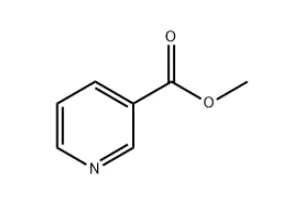
Methyl nicotinate Properties
| Melting point | 42-44 °C |
| Boiling point | 204 °C |
| Density | 1.2528 |
| FEMA | 3709 | METHYL NICOTINATE |
| Storage | Store below +30°C. |
| Fragrance | herbal |
| Water solubility | NEGLIGIBLE |
| LogP | 0.68 at 25℃ |
Service
* Prompt reply and 24 hours online, professional team to provide best price and high quality product.
* Sample testing support.
* Every batch of products will be tested to ensureits quality.
*The packing also can be according the customers` requirment.
*Any inquiries will be replied within 24 hours.
*we provide Commerical Invoice, Packing List, Bill of loading, COA , Health certificate and Origin certificate. If your markets have any special requirements, let us know.

